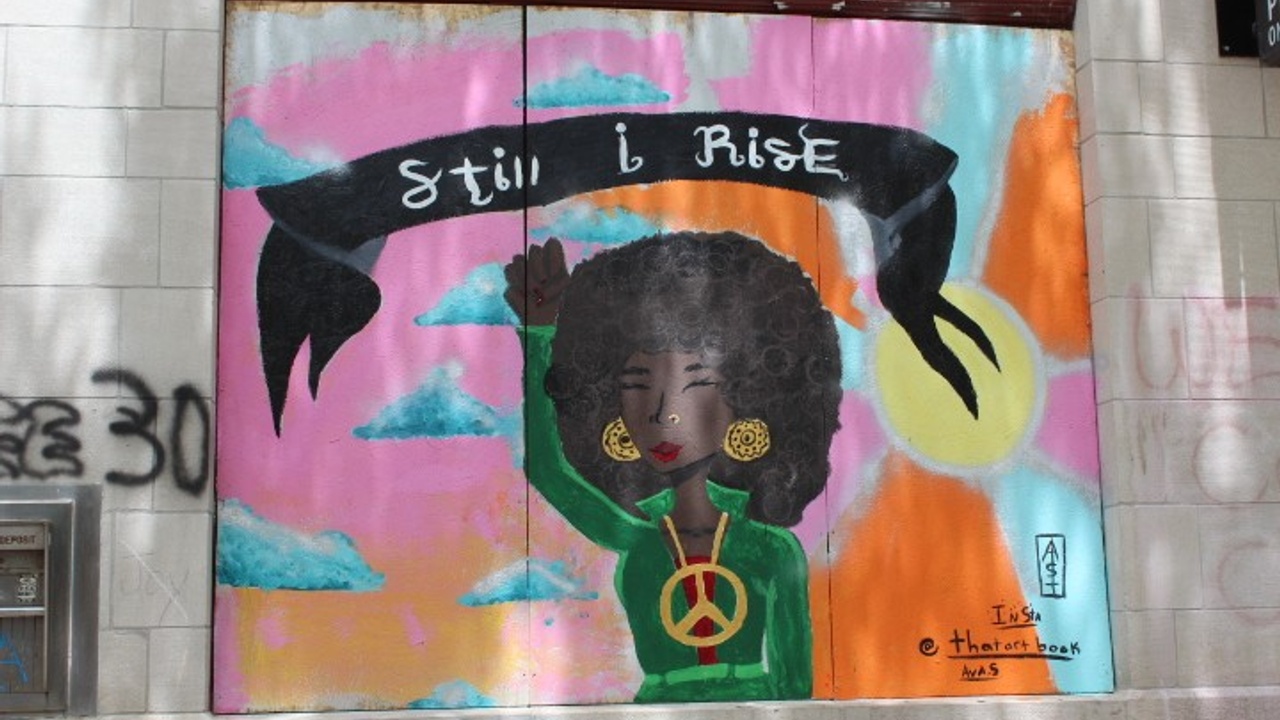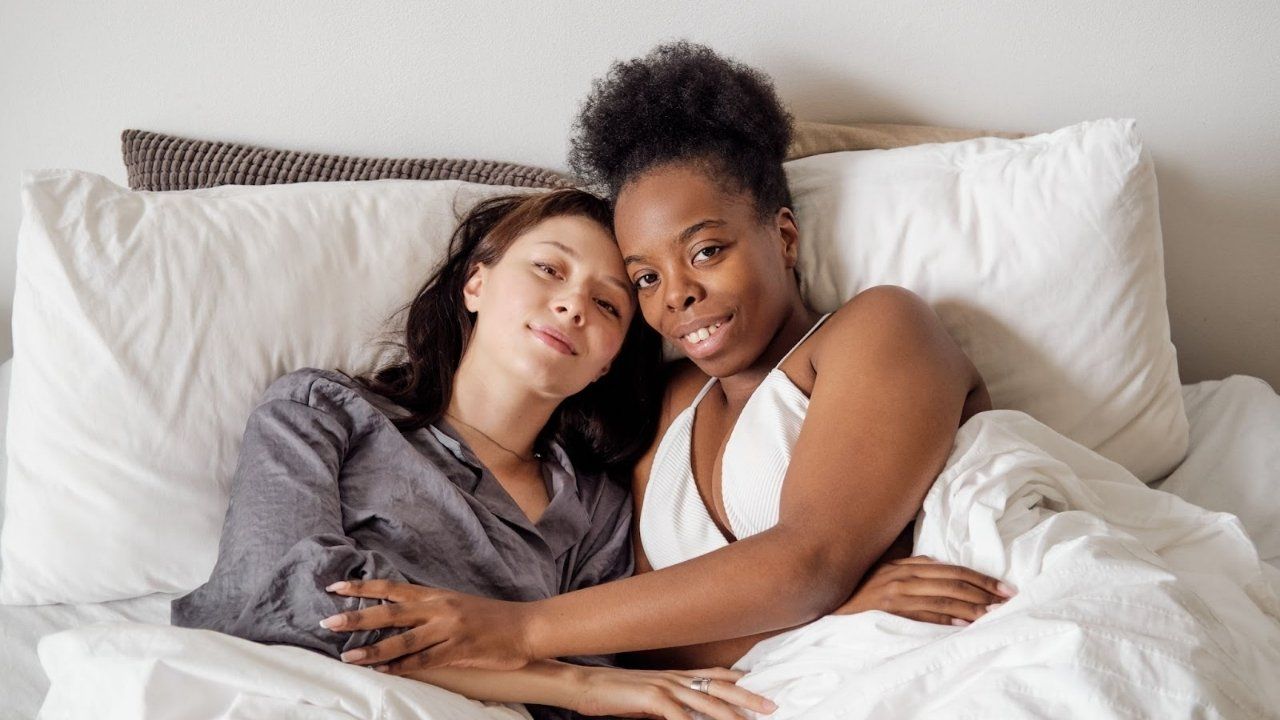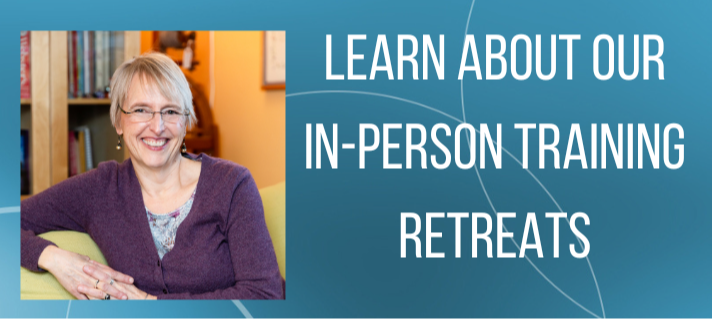Curiosity And Openness In The Quest For Justice
Jun 27, 2020
In last week’s blog I focused on ways to start thinking about what kind of world we want to live in, and how to start moving in the direction of co-creating it. I stressed that everything we do affects the world we live in, whether we are aware of it or not. This is particularly relevant right now, as racial injustice and human rights inequalities are front and center in all of our communities.
While identifying your own values and finding your sense of direction internally is an important first step, this week I want to go deeper, and look at the process of understanding a different viewpoint from our own, and allowing someone else’s experience to influence our own goals and choices.
We can look at this through a therapist’s lens: when we work with people in relationships, we see that understanding one another’s differences leads to a stronger bond and connection, eventually resulting in the union being much greater than the sum of the parts. As therapists, we know those who are sharing their experience are taking a risk in being vulnerable, and that it requires courage to access curiosity and empathy and listen deeply while another person shares their experiences even when you are feeling deeply emotionally unsettled, ashamed, or defensive–for instance, when your partner expresses pain or anger in response to something you thought was perfectly reasonable.
Today, I want to talk about the crucial role of curiosity as an aspect of learning about someone with experiences different from our own. It is easy to reach quickly for empathy or validation, because “getting there” will relieve the discomfort of holding someone’s pain and grappling with your own reactions. But without sustained curiosity about what the other person has experienced, currently experiences, believes, feels, and desires, true and deep understanding cannot happen, and any expression of empathy is likely to feel hollow.
Managing automatic reactions and intense emotions in order to stay present and hear a different perspective is one of the most difficult, most compassionate, and most human things we can do. As a therapist, I challenge my clients to do this. I encourage them to get grounded, manage their emotions, lean in, and get curious about what their partner is expressing, even if it is extremely difficult. I don’t think I can ask any less of myself right now, as I am becoming more conscious of the ways Black, Indigenous and People of Color (BIPOC) folks are being harmed, killed, incarcerated, and marginalized in every possible way.
While it can feel gut-wrenching to acknowledge that your actions and inactions have caused harm, it is still possible to lean in. It is still possible to get curious. Crucially, this leaning-in must be sustained long-term, rather than being a short term exercise in empathy so that we can move on to something more comfortable to us. The point is, what is comfortable for one person may be another person’s extreme discomfort or even harm. For the person experiencing the harm, expecting them to return to status quo can cause further damage.
Addressing my white readers: I invite you to look at what you expect from your clients, perhaps after an egregious breach of trust, and suggest you, I, and all white people step into the discomfort and stay there, intentionally choosing the part we want to play in building tomorrow’s world.
How might you get curious about BIPOC experiences? Here are some ideas:
- First and foremost, listen when a BIPOC person is speaking. Get curious, don’t interrupt, ask good questions that take the conversation deeper, without skewing the conversation toward your viewpoint or desired outcome or making a bid for a particular response.
- When someone has been harmed, in this case someone who is BIPOC, it is crucial that they have the floor for a long time before you take your turn. Given that racism has a very long history in our society, it is time to focus on listening. If you need help processing your responses, or want to express your viewpoint, find a therapist to support you.
- Lots of BIPOC folks are speaking, and have been speaking all along. Look for books, articles, podcasts, opinion pieces, artwork, blog posts, movies, and television shows, and any other form of expression produced by BIPOC, and take it in. Look for a mix that directly addresses systemic racism and also shares the joys, accomplishments, hopes, and dreams of BIPOC individuals and communities. Manage your own feelings, and stay with it. Access curiosity, and get support if needed, perhaps from a therapist. Don’t assume your BIPOC friend or colleague wants that job, however.
- Notice your own reactions and responses. Is it easier for you to relate to pieces about racism written by white people? Notice this, and stretch to access writings by BIPOC creators. The only way to understand the many perspectives of BIPOC folks is to access those perspectives directly.
As those of us who are white nurture our curiosity about the experiences of BIPOC folk, we can start making adjustments that help us be part of the creation of a better world. In my next blog, I’ll explore some of the ways the relationship metaphor breaks down, and why. I want to express my deep gratitude to my readers who are BIPOC folks for all that you have been doing towards creating that world. It is my heartfelt hope to be a good partner to you.






